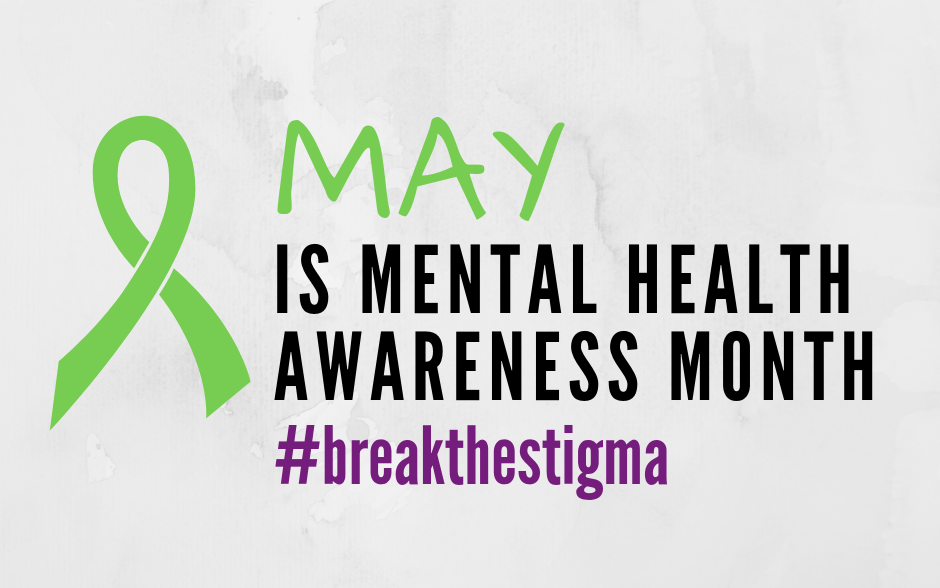As adults, we spend a lot of time – likely the majority of our time – at work. Very few of us only put in 40 hours each week – especially with the trend and necessity of working from home. The lines between work life and home life are often blurred by the accessibility that technology allows and expectations that employees go the extra mile. After a two-year pandemic, I believe that doing work that you find personally and professionally interesting and satisfying is more important than ever before.
Vocational wellness or occupational wellness is defined as gaining personal satisfaction and enrichment from one’s work. Vocational wellness also involves finding a good balance between work and leisure, managing workplace stress, and nurturing relationships with co-workers. Occupational wellness has to do with maximizing your workplace happiness by focusing on work that brings you a sense of joy, satisfaction, and accomplishment. It can be achieved by exploring various career pathways and examining workplace stressors.
Occupational wellness is the ability to achieve a balance between work and leisure in a way that promotes health and a sense of personal satisfaction and is (for most people) financially rewarding. A person who is doing exactly what they want to do in life and is comfortable and content with their work and leisure plans is in a healthy state of occupational wellness. Our attitude and ability to effectively deal with work, school, and career goals greatly affect wellness, performance, interactions with others, and overall success.
Occupational Wellness is having a career that is meaningful to you and to society. Occupational wellness is essential for maximizing your workplace happiness. A holistic view of wellness for older adults includes occupational wellness, sometimes referred to as vocational wellness. There are varying occupational wellness definitions, but they all recognize the personal satisfaction and enrichment that comes from one’s work. It’s about your perception, attitude, and reaction to the work you take part in. Occupational wellness involves nurturing and using your individual gifts, skills, and talents in order to gain purpose, happiness, and enrichment in your life. It means successfully integrating your choice of work into a whole lifestyle that is satisfying, rewarding, and happy.
Strategic Career Management is the lifelong process of investing resources into your career to maintain or increase your value in the workplace, undertake work that is personally satisfying, strive for work/life balance, and achieve financial security. Vocational or occupational wellness is an important component of overall health and wellness. Mental Health Awareness Month is a great time to remind ourselves of our goal of achieving career fulfillment or occupational or vocational wellness through strategic career management.
Nicki Sanders, MSW, ushers high-performing women of color in mid-level social work and human services leadership through promotion to senior leadership. As Founder and CEO of Nicki Sanders Leadership Consulting, her mission is simple – to eliminate toxic workplaces by developing skilled, empathetic, and goal-oriented leaders who have the vision, support, and resources to create a culture where business prospers, and employees thrive individually and collectively. Nicki has an extensive background in nonprofit management leading high-functioning, multi-disciplinary teams. She is an accomplished professor, coach, trainer, and group facilitator who has combined her gift for authentic relationships, Master of Social Work degree, and over 20 years of diverse work experience to create a life and career aligned with her values and purpose. Nicki is a lover of cupcakes, travel, and 80’s hip hop and R&B music.
© 2022 Copyright Protected. ALL RIGHTS ARE RESERVED.
